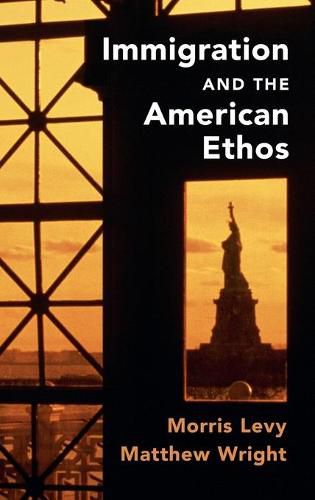Readings Newsletter
Become a Readings Member to make your shopping experience even easier.
Sign in or sign up for free!
You’re not far away from qualifying for FREE standard shipping within Australia
You’ve qualified for FREE standard shipping within Australia
The cart is loading…






What do Americans want from immigration policy and why? In the rise of a polarized and acrimonious immigration debate, leading accounts see racial anxieties and disputes over the meaning of American nationhood coming to a head. The resurgence of parochial identities has breathed new life into old worries about the vulnerability of the American Creed. This book tells a different story, one in which creedal values remain hard at work in shaping ordinary Americans’ judgements about immigration. Levy and Wright show that perceptions of civic fairness - based on multiple, often competing values deeply rooted in the country’s political culture - are the dominant guideposts by which most Americans navigate immigration controversies most of the time and explain why so many Americans simultaneously hold a mix of pro-immigrant and anti-immigrant positions. The authors test the relevance and force of the theory over time and across issue domains.
$9.00 standard shipping within Australia
FREE standard shipping within Australia for orders over $100.00
Express & International shipping calculated at checkout
What do Americans want from immigration policy and why? In the rise of a polarized and acrimonious immigration debate, leading accounts see racial anxieties and disputes over the meaning of American nationhood coming to a head. The resurgence of parochial identities has breathed new life into old worries about the vulnerability of the American Creed. This book tells a different story, one in which creedal values remain hard at work in shaping ordinary Americans’ judgements about immigration. Levy and Wright show that perceptions of civic fairness - based on multiple, often competing values deeply rooted in the country’s political culture - are the dominant guideposts by which most Americans navigate immigration controversies most of the time and explain why so many Americans simultaneously hold a mix of pro-immigrant and anti-immigrant positions. The authors test the relevance and force of the theory over time and across issue domains.